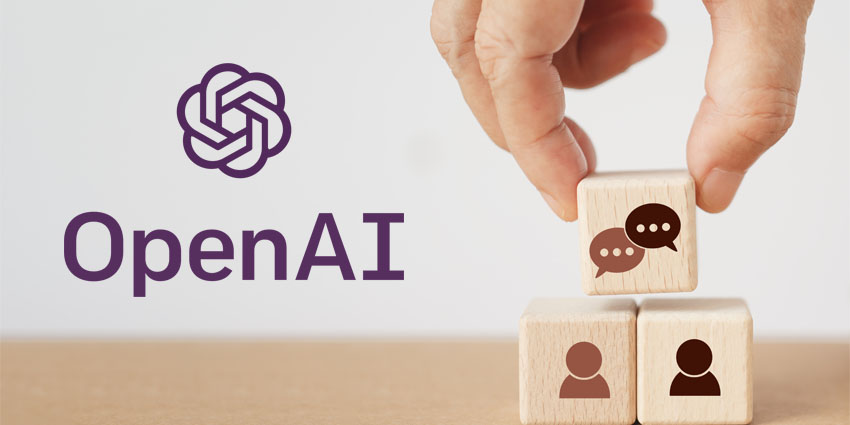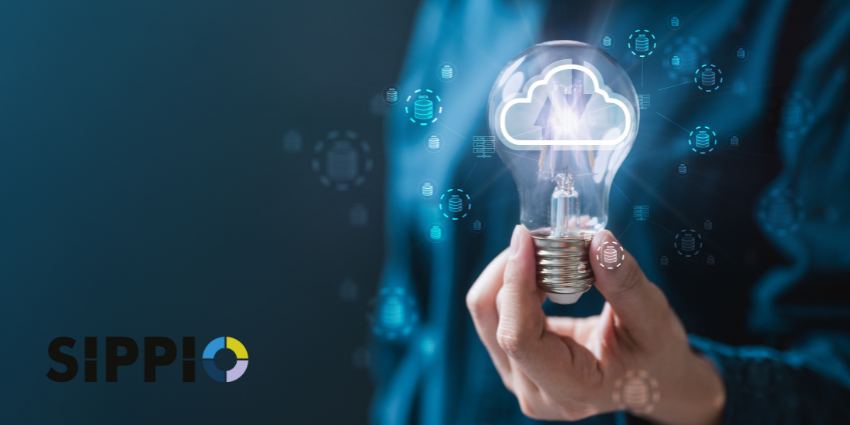OpenAI has made its first acquisition, analytics startup Rockset, to power its “retrieval infrastructure”.
OpenAI stresses that Rockset stands at the forefront of real-time analytics databases, offering excellent data indexing and querying capabilities. By empowering users, developers, and enterprises to harness their data more effectively, Rockset facilitates the creation of more innovative AI-driven products and applications, ensuring access to vital information in real time.
This innovative platform optimises data utilisation, enables informed decision-making, and enhances application intelligence.
Brad Lightcap, OpenAI COO, commented:
Rockset’s infrastructure empowers companies to transform their data into actionable intelligence. We’re excited to bring these benefits to our customers by integrating Rockset’s foundation into OpenAI products.”
OpenAI announced its plan to integrate Rockset’s technology to enhance its retrieval infrastructure across various products. Additionally, members of Rockset’s team will be joining OpenAI, while existing Rockset customers will experience no immediate changes. Rockset says the transition for current customers off Rockset will be gradual, with a commitment to ensuring a smooth and seamless process.
“We’re excited to be joining OpenAI to empower users, enterprises and developers to fully leverage their data by bringing powerful retrieval to AI,” added Venkat Venkataramani, CEO of Rockset.
What Could The Acquisition Mean?
The value of the acquisition is unconfirmed for now, while the specifics of how Rockset’s real-time search and analytics database will integrate with OpenAI’s products remain ambiguous.
However, the acquisition can be instructive in other areas. In April, OpenAI launched ChatGPT Enterprise, with security and privacy at the forefront of its solution.
ChatGPT Enterprise offers a comprehensive suite of new features tailored to business needs. These include enterprise-grade security and privacy, unlimited higher-speed GPT-4 access, customisation options, extended context windows for processing longer inputs, and next-gen data analysis functionalities.
As sophisticated as this feature set is, an advanced data querying and analysis chatbot, as introduced by Rockset, could refine OpenAI’s offering in the competitive market of AI-powered productivity assistants for enterprises.
The integration of Rockset’s real-time data retrieval technology could boost the performance and functionality of the OpenAI API, offering more advanced or refined data analysis tools. The acquisition could also result in OpenAI enhancing its search engine capabilities, potentially positioning ChatGPT as a more viable competitor in a crowded field.
Another curious detail was present in Rockset’s announcement, where Venkataramani said, “We’ll be helping OpenAI solve the hard database problems that AI apps face on a massive scale.” This highlights the growing challenge of sourcing high-quality data for AI models and ensuring their alignment with desired outcomes. Data integrity and the strategic alignment of AI systems to meet the evolving demands of technology and its platforms are increasingly important.
What Else Is Happening To OpenAI?
Last month, OpenAI launched GPT-4o, a major (and free) ChatGPT upgrade that means the model is significantly faster and can rapidly process images, audio, and text.
Announced during an OpenAI live stream on Monday by OpenAI CTO Mira Murati, GPT-4o is a “much faster” iteration of OpenAI’s famous ChatGPT product that enhances “capabilities across text, vision and audio”.
OpenAI highlights that GPT-4o demonstrates impressive audio input response times, averaging 320 milliseconds and reaching speeds as fast as 232 milliseconds, which are comparable to human conversational response times. Its performance in processing English text and code matches that of OpenAI’s advanced GPT-4 Turbo model, with significant advancements in handling non-English languages.
Meanwhile, earlier this month, OpenAI announced that Sarah Friar is its new Chief Financial Officer, and Kevin Weil is its new Chief Product Officer.
In its most recent C-suite shake-up, the renowned AI institution has appointed Friar as its first-ever CFO. The organisation, technically a nonprofit AI research company, is developing a strategy to increase revenues from its enterprise-targeted AI products and services.







